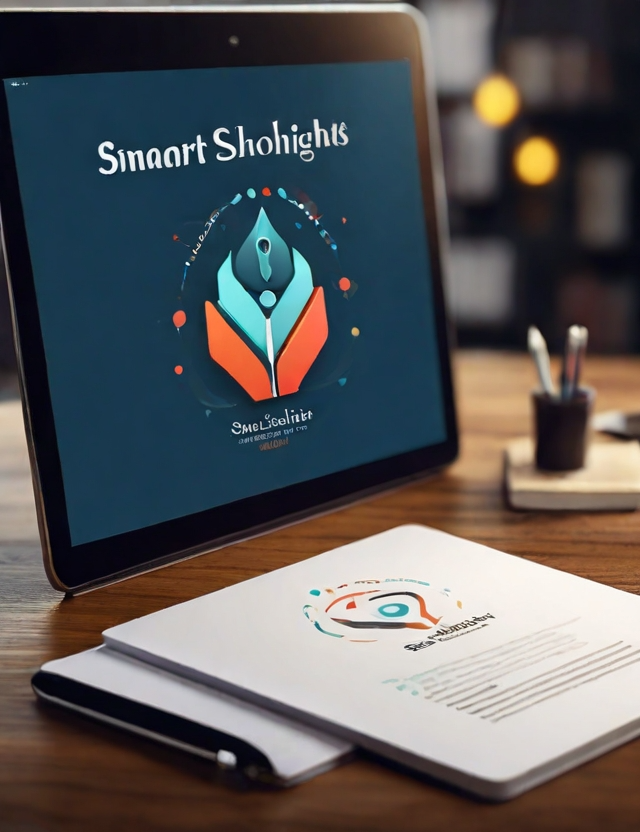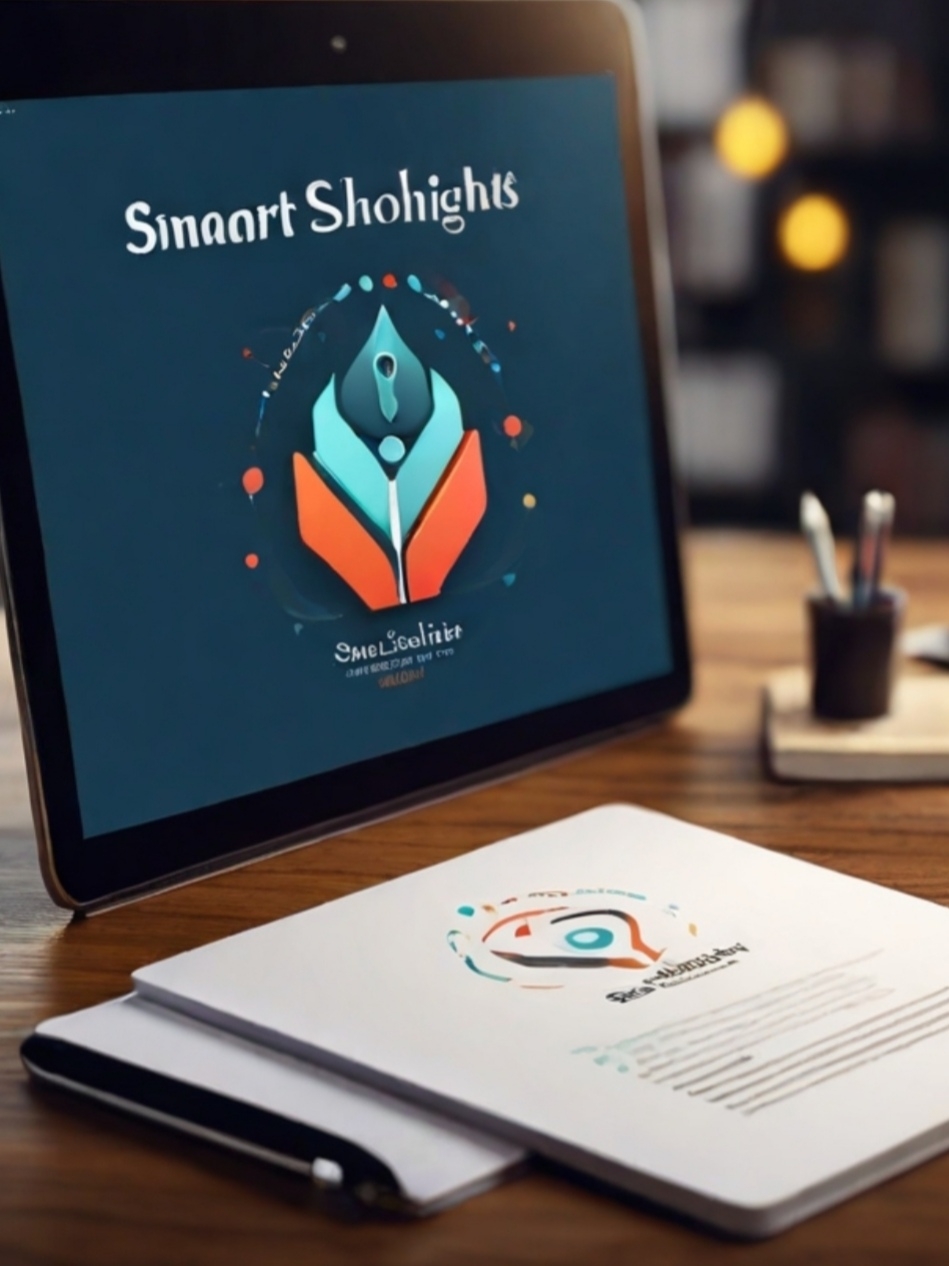Paving the Path to Academic Excellence: Strategies for Effective Studying
In the quest for academic success, students often find themselves grappling with the challenge of mastering complex concepts and retaining vast amounts of information. However, by adopting effective study techniques, students can navigate through these academic hurdles with confidence and proficiency. In this essay, we will delve into the importance of effective study techniques and explore various strategies that empower students to excel in their academic pursuits.
At the core of effective studying lies the principle of active engagement with the material. Active learning requires students to interact with the content actively through methods such as summarization, questioning, and application. By immersing themselves in the learning process, students deepen their understanding and develop critical thinking skills essential for academic success.
A fundamental study technique that enhances learning outcomes is spaced repetition. This method involves spacing out study sessions over increasing intervals of time, thereby reinforcing memory retention. By strategically reviewing material at spaced intervals, students strengthen their understanding of key concepts and prevent the decay of learned information, leading to improved long-term retention.
Additionally, retrieval practice is a powerful tool for bolstering learning outcomes. Retrieval practice involves actively recalling information from memory through techniques such as self-quizzing, flashcards, or practice tests. By engaging in retrieval practice, students reinforce memory retrieval pathways, making it easier to recall information when needed. Moreover, retrieval practice fosters metacognitive awareness, enabling students to monitor their learning progress and identify areas requiring further review.
Effective note-taking is another essential study technique that aids in the synthesis and retention of information. Whether through handwritten notes or digital platforms, organized note-taking facilitates comprehension and serves as a valuable reference during revision. Techniques like the Cornell method or mind mapping encourage active engagement with the material, fostering deeper understanding and retention.
Furthermore, creating an optimal study environment is crucial for maximizing learning outcomes. Minimizing distractions, establishing a dedicated study space, and adhering to a structured study schedule foster concentration and productivity. Incorporating breaks, maintaining physical well-being, and practicing stress management techniques are equally vital for sustaining focus and cognitive function during study sessions.
In conclusion, effective study techniques are indispensable tools for academic success. By embracing active learning, incorporating spaced repetition and retrieval practice, taking organized notes, and cultivating a conducive study environment, students can enhance their comprehension, retention, and application of knowledge. Moreover, fostering resilience and maintaining a growth mindset are essential for overcoming challenges and realizing one's full academic potential. Through consistent practice and the deliberate application of effective study techniques, students can embark on a transformative journey toward intellectual growth and achievement.


Comments
Post a Comment